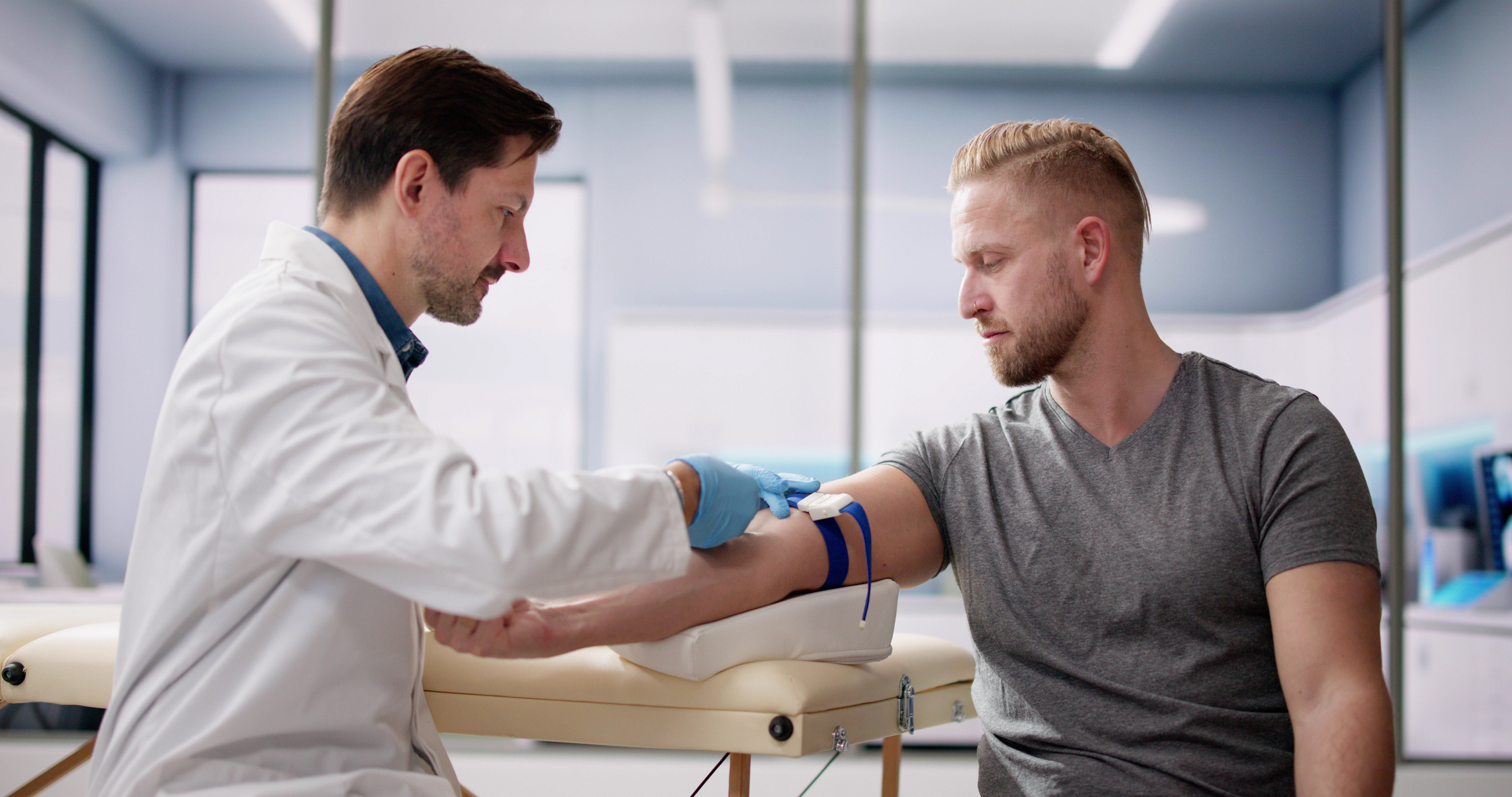Foods that help lower prostate cancer risk
Ever wonder how your food choices might be impacting more than just your digestion and weight? Gut health can also contribute to the development of various cancers, including prostate cancer. Let’s explore the surprising link between what you eat and how it affects your prostate.

Digesting the Basics
Gut microbiota, also known as gut flora, play a crucial role in various aspects of health, including cancer development. This is an ecosystem of many microorganisms in our digestive tracts. There are tens of trillions of different organisms living in our gut, including bacteria, archaea, fungi and viruses.
Here are just some of the ways your gut affects your overall health function:
- Energy Harvesting: Helps break down dietary components and absorbs nutrients.
- Digestive System: Assists in metabolizing food in the digestion process and controls bowel movements.
- Immune Defense: Interacts with our immune system. Around 80% of your immune system cells live in your gut, so if your gut is weak, your immune system is compromised.
Gut Health and Prostate Cancer: The Connection
Prostate cancer has become one of the most common cancers in men. Approximately 1 in 9 men in the United States will receive a prostate cancer diagnosis in their lifetimes.
Research shows that the gut microbiome is important for controlling immune responses and metabolism, which can affect prostate health. An imbalance in the gut microbiota can lead to inflammation, which is a risk factor for prostate cancer. Abnormal levels of gut bacteria have been linked to various gastrointestinal issues, including inflammatory bowel disease. Additionally, the gut microbiome affects the metabolism of androgens, hormones that are critical in prostate cancer development. Metabolites are the end product of metabolism. Men with elevated levels of these metabolites have a higher likelihood of developing prostate cancer.

Symptoms to look out for
While prostate cancer can show no symptoms at all, there are some symptoms of poor gut health that may also be impacting your prostate health, including:
- Chronic Constipation or Diarrhea: Persistent digestive problems can indicate an imbalance in gut bacteria.
- Bloating and Gas: Frequent bloating and gas may be signs of gut dysbiosis.
- Frequent Urination: Increased frequency, especially at night (nocturia), can indicate prostate issues potentially linked to gut health.
- Painful Urination or Ejaculation: Discomfort during these activities might suggest prostatitis or other prostate conditions influenced by gut inflammation.
- Pelvic Pain: Chronic pelvic pain can be related to both gastrointestinal and prostate issues.
- Fatigue: Ongoing fatigue may result from chronic inflammation and poor gut health.
- Unexplained Weight Changes: Sudden weight loss or gain can be a sign of underlying gut issues.
Guard Your Gut
Making simple – yet impactful – changes to your diet can potentially lower the risk of prostate cancer and promote optimal prostate function. Focusing on incorporating nutrient-rich foods and avoiding certain dietary habits can lower inflammation in your gastrointestinal tract and protect your prostate.
Habits that can benefit the gut
- Consuming coffee can lower prostate cancer risk. This beverage contains many antioxidants that contribute to its anti-inflammatory effects on the body.
- Eating tomatoes can reduce prostate cancer risk, as tomatoes contain lycopene, an antioxidant associated with prostate health.
- Engaging in physical activity can promote a healthy balance of bacteria. Aim for regular exercise to support gut motility and overall digestive function.
- Staying hydrated supports digestion and helps maintain the mucosal lining of the intestines, which is essential for gut health.
- Limit saturated fat from red meat and dairy products. High saturated fat intake is linked to an increased risk of advanced prostate cancer.
- Avoid processed meats (such as lunch meats) containing nitrates and charred meat, which may promote cancer.
- Excessive alcohol consumption and tobacco use can negatively impact gut health and damage the intestinal lining. Limiting or avoiding these substances can support a healthy gut.
Visit our Nutrition and Wellness page for more information from our registered dietitian nutritionists.
Contact Us
Men-Focused
Gut Health Products
Recently, supplements for improving gut health and reducing bloating have become popular, especially among women. Now an increasing number of men-focused products are entering the market. These probiotics, prebiotics and other supplements for gut health are designed to help men with their specific health needs. When considering gut health supplements, it’s essential to approach them with a critical eye. Here are some tips and red flags to watch out for.
Check for Scientific Evidence and Research Ingredients
- Investigate the key ingredients in the supplement to determine if reputable scientific journals have studied them.
- Verify if the product itself has undergone any clinical trials and published results.
Look for Transparency
- Ingredient List: Ensure the supplement provides a clear and complete list of ingredients and their dosages.
- Realistic Claims: Be wary of products that claim to cure diseases or provide instant results. Gut health improvements typically take time.
- Specific Benefits: Look for benefits such as improved digestion, reduced bloating or enhanced immune function rather than vague promises.
Check Regulatory Approval
- FDA Compliance: In the U.S., supplements should be manufactured in facilities that comply with FDA regulations. While the FDA doesn’t approve supplements, it oversees manufacturing practices.
- Certifications: Check for certifications from organizations like NSF International or USP. These indicate that the product meets high standards for safety and quality.
Treatment Options
Prostate cancer is often slow-growing and can take years to become detectable. Annual checkups, blood tests and screening tests are key to detecting cancer in the early stages and improving outcomes. However, some prostate cancer cases are more aggressive and need more urgent treatment. Surgery, radiation therapy and hormone therapy are among the most common treatments. With the technological advances in cancer treatment, oncologists can offer more personalized treatments. Many prostate cancer treatments are now faster, leading to better outcomes, reduced costs and greater convenience for patients. If you are diagnosed with prostate cancer, reach out to your physician to see which treatment option is right for you.

Gut Check Your Prostate Health
A balanced gut is crucial for overall health and wellness and may help prevent cancers, including prostate cancer. Regular prostate exams are essential for early detection and effective treatment. By focusing on gut health and keeping up with medical checkups, you’re actively safeguarding your health and future. Prioritize regular screenings and proactive health measures to live a healthier, longer life. For more information about screenings, please visit our dedicated prostate cancer page.
If you are seeking help, Florida Cancer Specialists & Research Institute experts provide treatment options for prostate and rectal cancer.





Comments